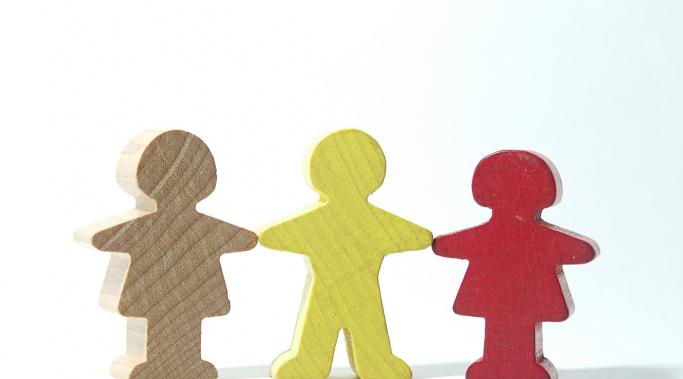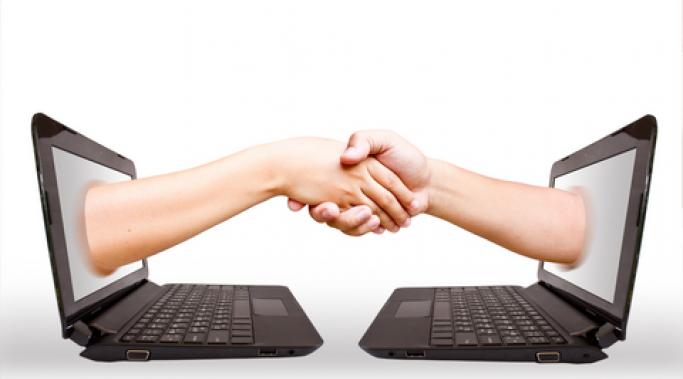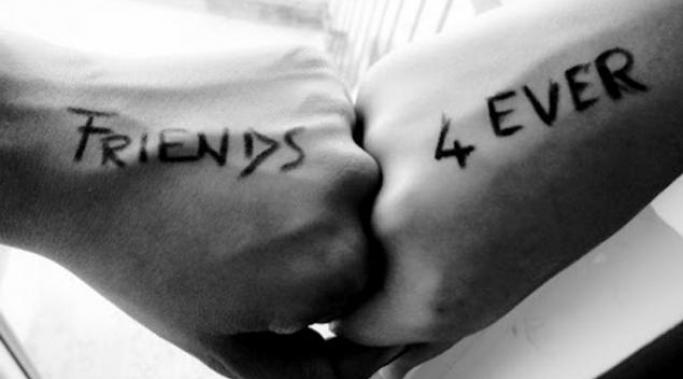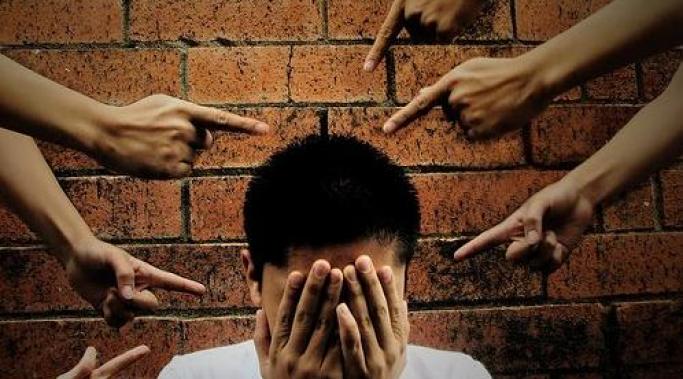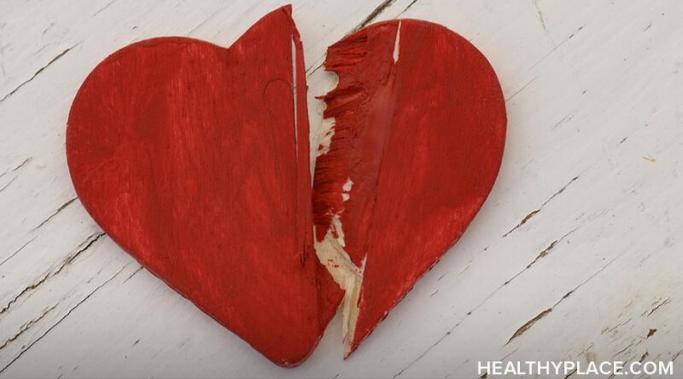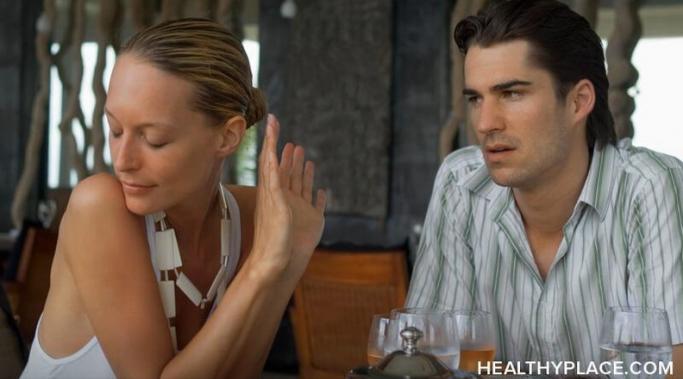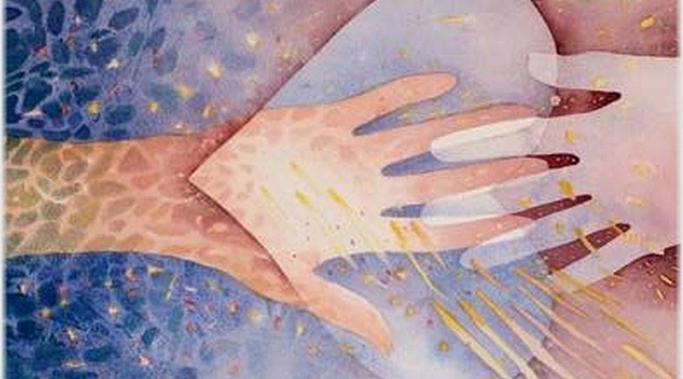Forming healthy relationships isn't easy in mental illness recovery when I'm experiencing symptoms of my bipolar disorder because I'm known to behave badly. Well, not necessarily badly per se, but differently than I'd behave if I were completely healthy. At times, my behavior affects myself and at other times it affects forming healthy relationships with the people around me. These relationship mistakes have sometimes caused me to lose friends and alienate acquaintances. But when I work towards forming healthy relationships during mental illness recovery, it leads to greater understanding and better connections (Why Healthy Relationships Matter).
Friend Relationships
Much has been written about the damaging effects of social media on relationships, including the breaking up of marriages and dissolution of friendships. Obviously, the behaviors that lead to these situations are likely to be harmful for people recovering from mental illness. However, social media relationships can be good for mental illness recovery in certain situations. It is important to realize when those healthy relationships occur and how to take advantage of them.
Knowing when to get rid of social media relationships is tricky. We all know them - the person in our Twitter or Facebook feed that we don't see eye-to-eye with. Or the friend from highschool that, for some reason, annoys you with the endless pictures they post of their dog. Having so many social media relationships in so many places can stir lots of emotions, some of them good and others bad (Is Social Networking Increasing Your Relationship Anxiety?). But there are times and situations which signal you must get rid of social media relationships.
Having friends with mental illness can be good for your recovery. However, when you have a mental illness it can be hard to choose the right friends to involve in your mental illness recovery. One way to choose a good person is to seek out friends who also have mental illness to help you through your recovery. Having a friend who understands about living with your disease can coach you through difficult times as well as provide company through the good times.
Mental illness and guilt towards friends can impact our friendships and how we feel about ourselves. If feelings of guilt persist, they can lead to feelings of depression and can exacerbate the symptoms of our diseases. But dealing with guilt towards friends with regard to mental illness early can help you maintain healthy relationships and restore your emotional equilibrium.
Mental illness can damage relationships but you can repair relationships damaged by mental illness too. When you have a mental illness it can be difficult to maintain all kinds of relationships. Symptoms of unchecked mental illness are often the very factors that cause rifts in relationships between two healthy people. But it is possible to repair a mental illness-damaged relationship. As repairing your relationship with, and feelings about, yourself takes time, so does rebuilding the trust of loved ones and the closeness you have with others.
Making and maintaining friendships when living with a mental illness takes effort, as it does for everyone. Maintaining friendships with a mental illness requires attention, sharing and emotional honesty which are some areas affected by symptoms of mental illness. Those who live with conditions like depression, anxiety, and bipolar disorder may need to put extra effort into keeping their friendships healthy.
In business school, I slept with my best friend Bob and then proceeded to fall in love with him. As these things go, he didn't return my feelings, we fought a few times then left town without speaking to each other. A few years ago we reconnected - figuratively and literally - with similarly disastrous results. Now, Bob and I are speaking again and I'm committed to making the friendship work. No, I'm not a glutton for punishment. Rather, I believe that making amends will help me be healthier and better manage my bipolar disorder.
Have you seen the commercials for the new movie, 50-50? If not, here's a synopsis: Guy 1 tells Guy 2 that women will like him better when they find out that he has cancer. Cut to Guy 2 disclosing his cancer to Girl at the Bar. Now imagine what it would be like to use your mental illness as a pick-up line? Not really the stuff of one-liners, is it?
I consider myself hard to take, stubborn, I'm an over-talker and I don't know when to keep my mouth shut. And I have bipolar so signing up to be my friend is a commitment of which I expect people to tire rapidly. So when I'm having a bad time and someone expresses concern, I know I have a true friend.
